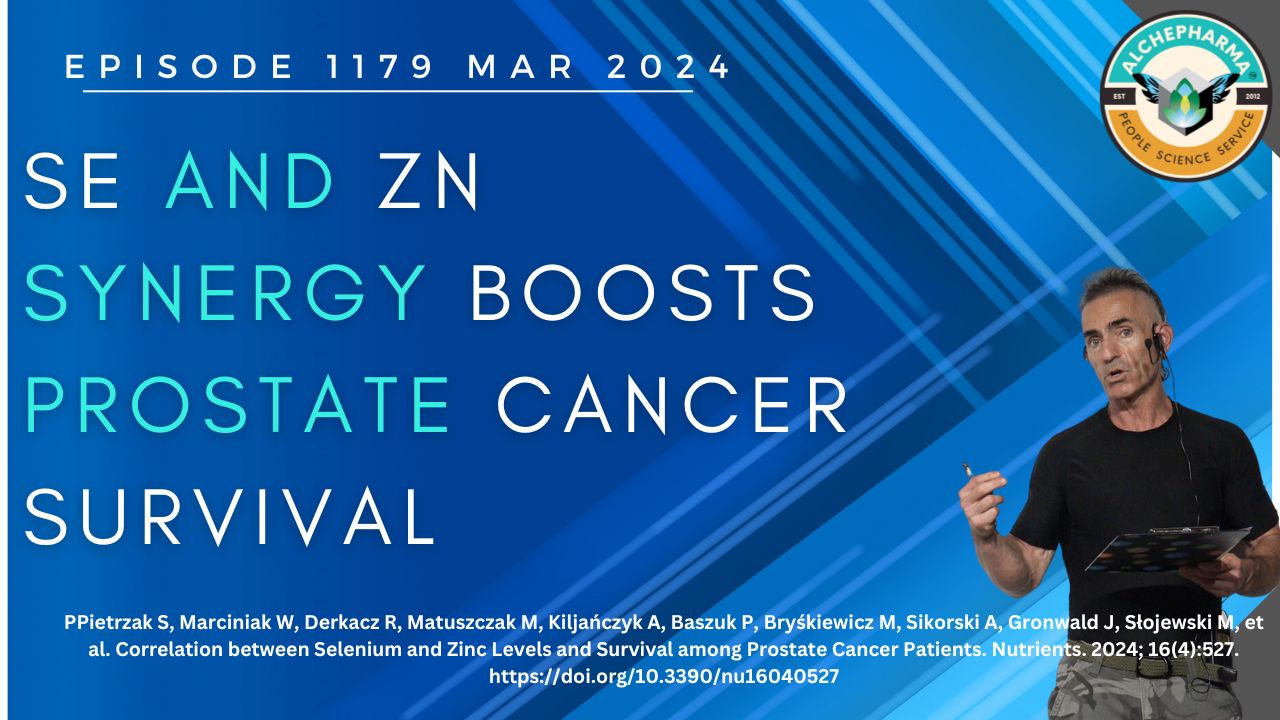Vitamin D alters mouse gut bacteria to give better cancer immunity
Francis Crick Institute press release Under strict embargo: 19:00 BST Thursday 25 April 2024 Peer reviewed Experimental study Animals and people Researchers at the Francis Crick Institute, the National Cancer…


BU commentary: Vitamin D supplementation was found to improve more than 1.5 fold survival of cancers of the digestive tract including colorectal cancer in patients with a cancer fighting immune system
BOSTON UNIVERSITY SCHOOL OF MEDICINE (Boston)—For more than 100 years, it has been believed that sunlight and vitamin D deficiency were associated with the risk for many deadly cancers including…
Read More